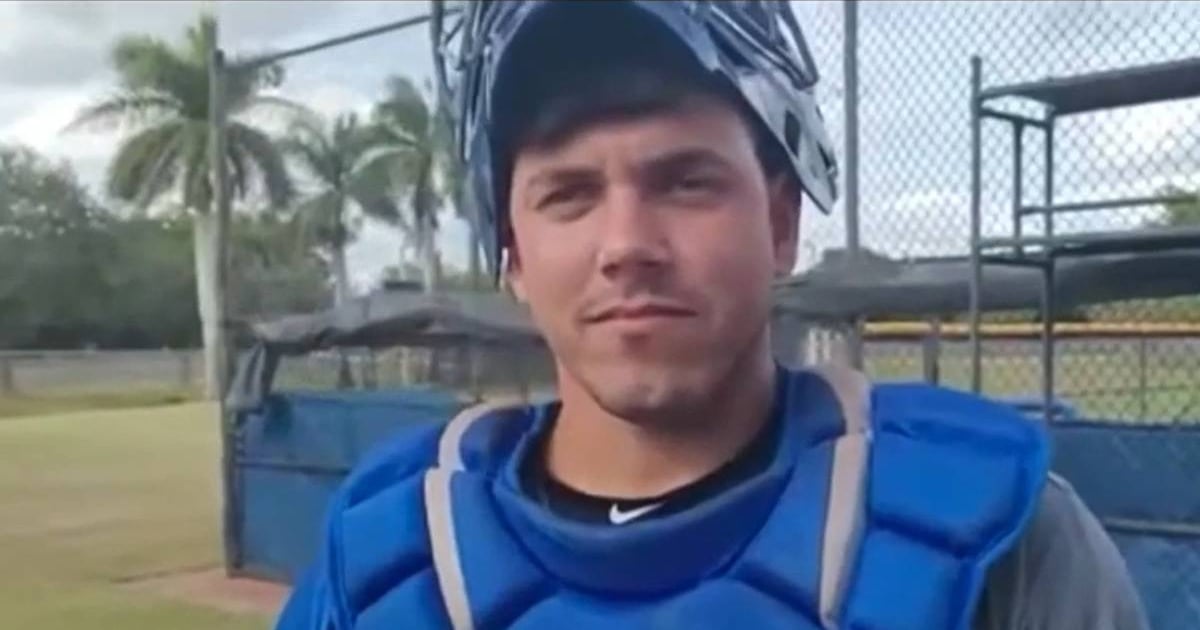
Loidel Rodríguez Peralta, a Cuban catcher and one of the young promises of baseball, is in a migratory limbo in the United States after defecting from the national team during the Under-23 World Cup in Mexico in October 2021.
Rodríguez, along with 11 other teammates, left the team in search of better opportunities, but his dream of a professional career in baseball has been cut short by the legal difficulties he faces in his new country as an immigrant with an I-220A case.
Despite having been in the United States for almost three years, Rodríguez has not been able to regularize his immigration status. After applying for political asylum, he was admitted to the country under the I-220A designation, a measure that allows him to remain on U.S. soil but does not grant him any permanent legal status.
This situation has prevented him from accessing a professional team, despite continuing to train with the hope of resuming his sports career.
"I don't want to go to Cuba, but I would like to go to Punta Cana to see my family there. I don't have access to my family. I want to be legal in the U.S. I don't want to live in fear," he declared to Telemundo51.
The Cuban regime has defined this young baseball talent as a "deserter" and has exiled him from Cuba for eight years.
Currently, Rodríguez lives in Tampa and works as a plumber for an American company. His process to obtain asylum has been delayed because he was not given the credible fear test when crossing the border, a crucial step in his application.
Lawyer Rosaly Chaviano explained that Cubans under the I-220A status must wait for their cutoff date to fight for their asylum. However, there is the possibility of applying for humanitarian parole, which would allow them to obtain residency under the Cuban Adjustment Act.
Additionally, he noted that if a favorable decision is made in a Federal Court that is currently reviewing these cases, it is expected that all individuals with I-220A could apply for residency under the mentioned law.
Rodríguez, like many other Cubans in his situation, faces an uncertain future while waiting for a legal resolution that will allow him to live without fear and pursue his dream of playing professional baseball in the United States.
What do you think?
COMMENTFiled under: